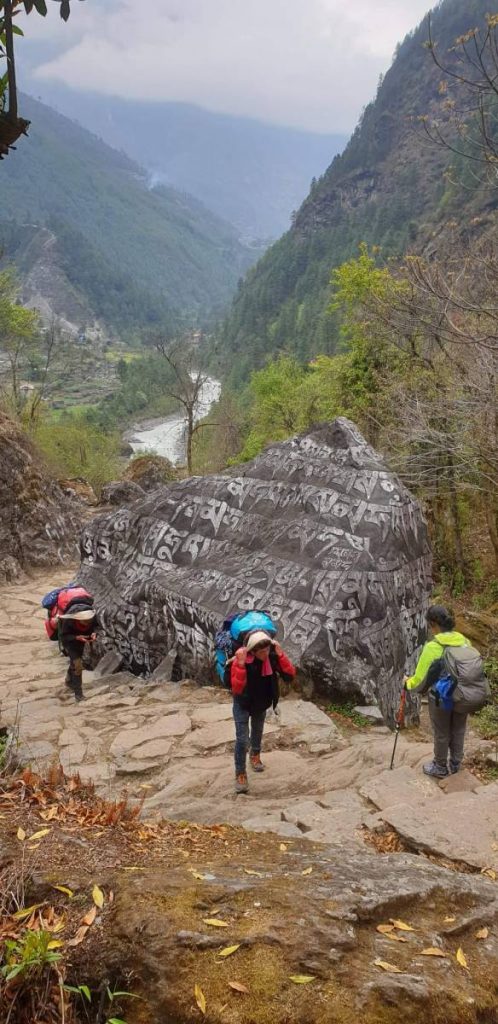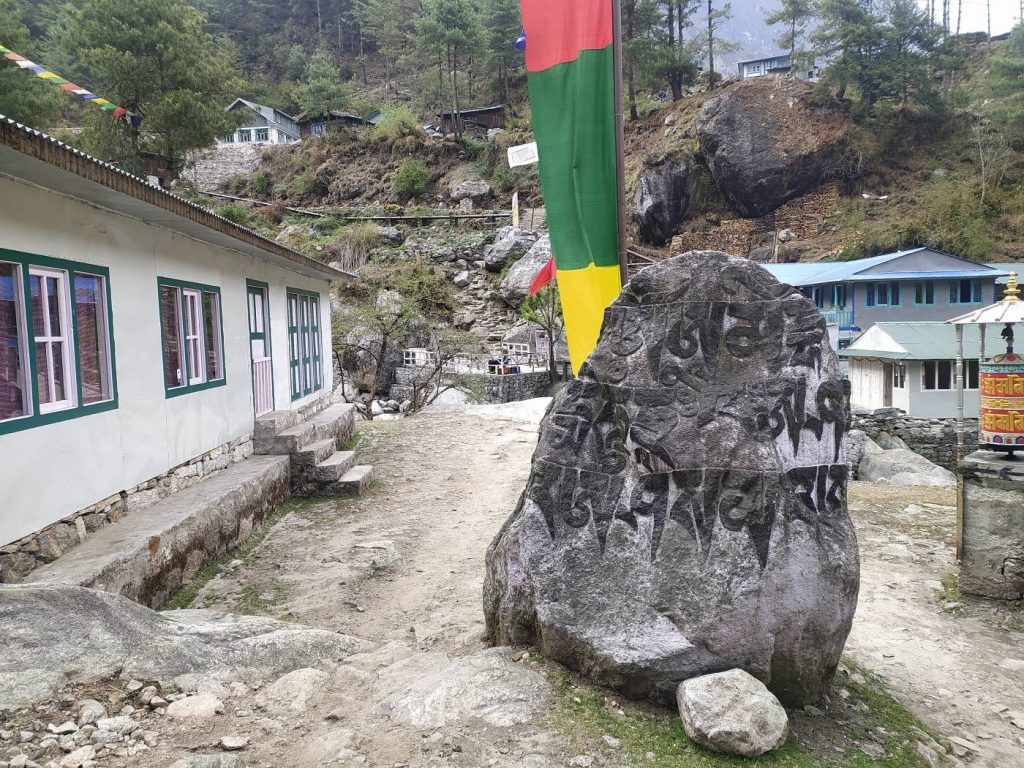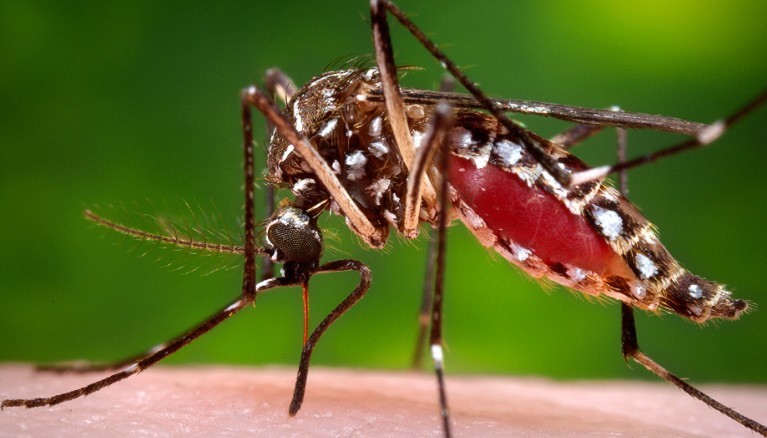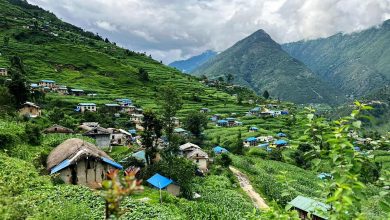Scientists say indigenous knowledge plays vital role in environment protection

June 6, Kathmandu: Scientists have stressed on the need to change the lifestyle and behavior to mitigate the effect of climate change.
The study conducted by the Ministry of Science, Technology, and Environment has shown that the implementation of indigenous knowledge and skills could help a lot in Environment conservation.
A report prepared by our correspondent Balika Maden, has shown that environmental friendly behaviors adopted by local and indigenous people for long have been contributing in environmental conservation and biodiversity protection.

As per the report, scientists have now proven that the effects of climate change is the result of human activities.
Lifestyles based on religious belief, social norms and traditions can be environment friendly at many times.
The life skills adopted by local people residing in the Himalayan region of the country including Lukla, Phakding, Manjo, Namche, and Khumjung of Solukhmbhu district are the synonyms of environment-friendly behavior.
Pemba Chiring Sherpa, a local of Namche of Solukhumbu district has said as per the Buddhist religion stones are worshipped as gods to avoid crises caused by the natural disaster.

Chairperson of Sagarmatha Pollution Control Committee Ang Dorje Sherpa has said that the stone worship tradition has helped a lot to protect the environment.
He even added that for the Sherpas in the Himalayan region, it is very normal behavior to avoid animal sacrifice in their surroundings to preserve the environment.
He even said that locals are aware to discourage the use and supply of stuff including plastic bottles.
National Assembly member Sonam Sherpa opined that locals of the Himalayan region are successful to conserve the environment due to their understanding of the importance of soil and nature.
Climate expert Yugan Manandhar has said traditional knowledge and skills used by the indigenous people also include scientific knowledge.







प्रतिक्रिया राख्नुहोस्